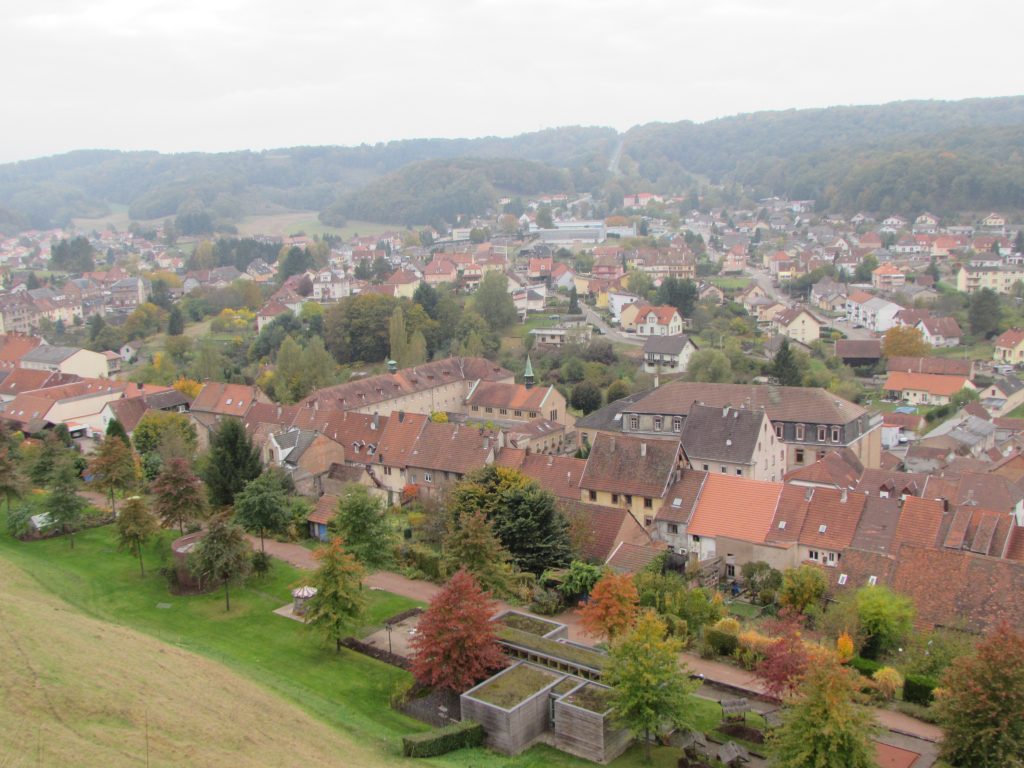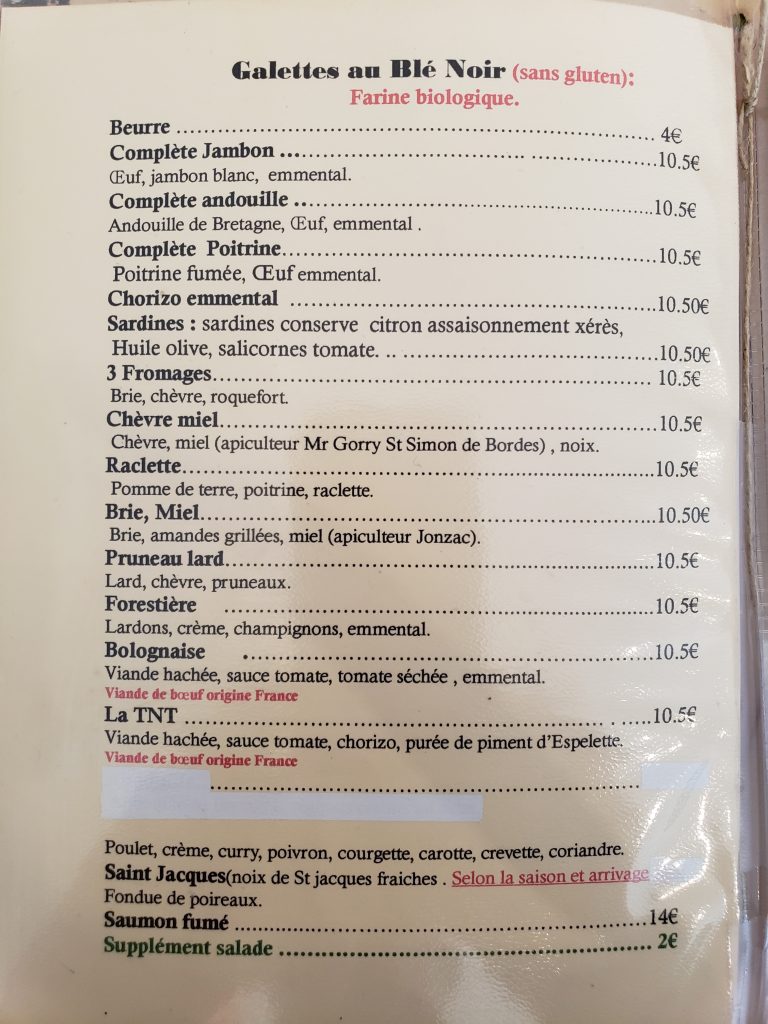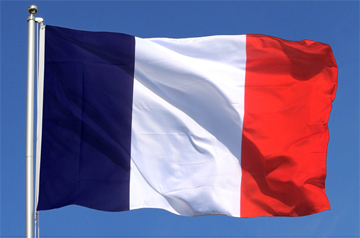
US as US Flag Image from Wikipedia
There are a few things that the last few months of living in Europe have made me feel about the US of A. Not that anything is bad, mind you. Different strokes for different folks and all that. But some things that seem normal in America seem odd to someone living abroad. How odd some things must seem to someone who has never been to, or lived in, The United States!
- American Corporations: All incorporated enterprises exist to make money. That’s not unique to the US. What is unique is the apparent lack of any meaningful controls on corporate behavior. In contrast, what you hear referred to as “the nanny state” in the US seems like normal government regulation in Europe. At the same time, some government interference seen as normal in the US is lacking in France. Different people fear different aspects of modern life, obviously.
- A Sense of the Primacy of Efficiency: In France, and in much of Europe (not the UK, hoo boy no!) efficiency sometimes takes a back seat to enjoying life. The way it’s put in France is that you “work to live,” whereas in America many people seem to “live to work.” There’s a big difference if you think about it. You think France has a problem due to inefficiency? The French economy is more efficient that the German economy, true story. Most productive in Europe, in fact. Maybe happy people work better? (Everyone gets 30 days of paid vacation per year. If they’re an employee, that is. People typically take August off. If it were me, I’d head for a vacation in Scandinavia, or up in one of the French mountain ranges. Who needs the heat, huh?)
- Lines at the grocery store. They have them. There is self-checkout too, but it’s generally limited to smaller loads, such as you’d find in the handbasket, not a big old cart. But the lines move pretty quickly and are not nearly so irritating as similar lines in the US. Why? Small talk, or the lack of same. French people don’t engage in a lot of small talk. The reason I prefer self-checkout in the US is that it takes forever for the clerk to check out someone if they’re having a conversation about Mac and Cheese, or the weather, or whatever. French people occasionally indulge in a little small talk, especially in small towns, but normally, the clerk just scans the groceries as quickly as possible, the customer stuffs the order into their own bag, or as I normally do, into a cart and then bag it as I load the car, the customer pays, and that’s it! Bonjour!, load load, payé, and the end. Next customer.
- Being Polite: I’ve written of this before, but as I observed on my first visit to France in 1976, you get a lot better service when you’re polite. This is true in America, too (try it and see!) Say hello, please, thank-you, acknowledge the clerk as a person, and something like “have a nice day” at the end. I think this goes back to what I call rule number one of human interaction: the way you see the world treating you is the way you’re treating the world!
There are more things I’m sure. Next time I’ll talk about a few things that still seem odd to me after living in France for a total of six months (three of them in 2021.) Oh, yeah, it’ll be seven months by then, almost. Ciao!








